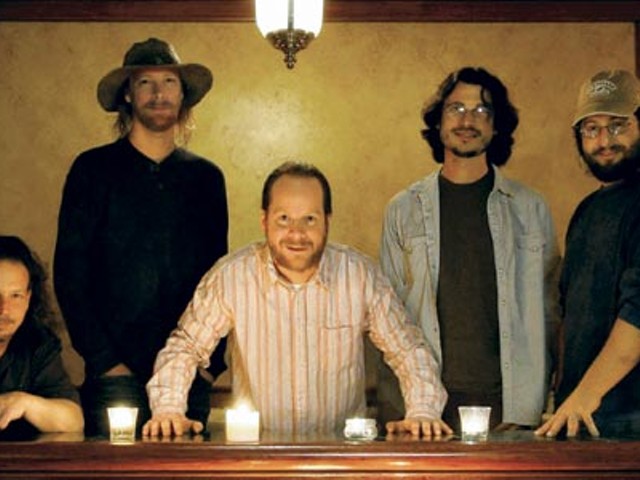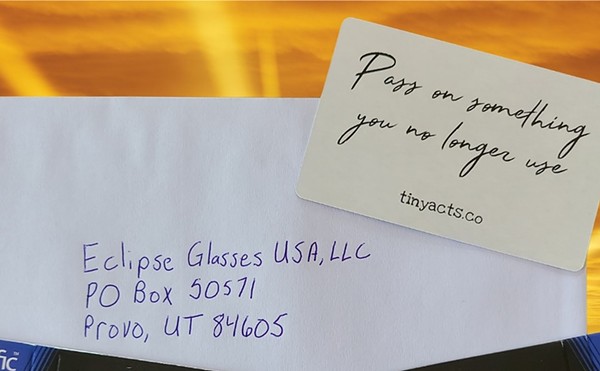For years the city’s enforcement of on-street parking rules was lax, as were efforts to collect overdue fines. In the words of a spokesman for Mayor Jerry Abramson — it was a joke. In addition, parking enforcement was quite convoluted, with the police department overseeing meter maids, Public Works running the meters and the city Department of Finance collecting fines.
That changed in 2004 with the creation of the Parking Authority of River City, which brought all aspects of on-street parking enforcement under one umbrella. The agency, better known as PARC, also oversees 13 parking garages and 6 surface lots downtown. Through that hybrid agency the city has stepped up efforts to crack down on scofflaws who owe the city more than $8.5 million in unpaid parking tickets.
“Obviously, the city needed to collect revenue that is due to them. It was a clamp down, certainly,” says Cathy Duncan, executive administrator of PARC. “I do believe there is a lot more compliance as a result.”
Like other quasi-government agencies, PARC is a branch of Metro government, but one that employs a private contractor to carry out its work. The agency also has its own board of directors, with all but three of its members appointed by the mayor. The three board members who serve PARC by virtue of their position in city government include Jane Driskel, director of the Office of Management and Budget, Bruce Traughber, head of the city’s Economic Development Department, and Alan DeLisle, head of the Downtown Development Corp. (also a quasi-government agency).
For years the Parking Authority has been allowed to make most of its decisions without much oversight from Metro Council, due in large part to its quasi-government nature. This gray area of accountability is not lost on critics of PARC who are fighting the city’s parking crackdown and are troubled by its privatization.
“Part of the problem is (the city) sub-contracted a government service to a private contractor, which is a profit agency and they’re in it to make money,” says Louisville attorney David Mour, who has an upcoming hearing in Jefferson County Circuit Court challenging the city’s new program of booting cars. “I think this is making Louisville very unwelcoming to its own residents.”
Until recently, the agency’s operating and capital budget did not require review from the council. That changed earlier this year when council members amended the bond ordinance after city lawmakers voted to allow PARC to issue $39 million in bonds to pay for a parking garage under the new downtown arena. Proposed by Councilmen Jim King, D-10, and Hal Heiner, R-16, both candidates for mayor, the new provisions require PARC to have its annual budgets approved by the council.
In the grand scheme of things, however, it’s unlikely the council will take similar steps in putting more oversight on the city’s parking regulations.
It’s only been one day since LEO highlighted Louisville’s stepped-up parking enforcement and the resulting “Parking wars,” and already several readers have contacted us with their own stories. One consistent complaint (one LEO is not necessarily saying is legitimate) has been that drivers don’t carry around enough change to continually feed the meters.
In response, PARC officials suggest drivers use one of their many parking garages or surface lots, or buy a SmartCard, a pre-paid card that can be used at newer meters.
Though many Louisville drivers have not yet become accustomed to dealing with PARC’s new big-city enforcement tactics, it’s clear the Mayor’s Office believes the priority is netting overdue tickets.
“It’s amazing to me — and I’ve been with the mayor almost four years now — how people get so angry over parking tickets. It is almost unbelievable and laughable,” says Chris Poynter, a mayoral spokesman. “People get more upset over a goddamn $15 parking ticket, and I get them too, but I pay them. People unfortunately in this city have thought that parking is free.”
Related story:





